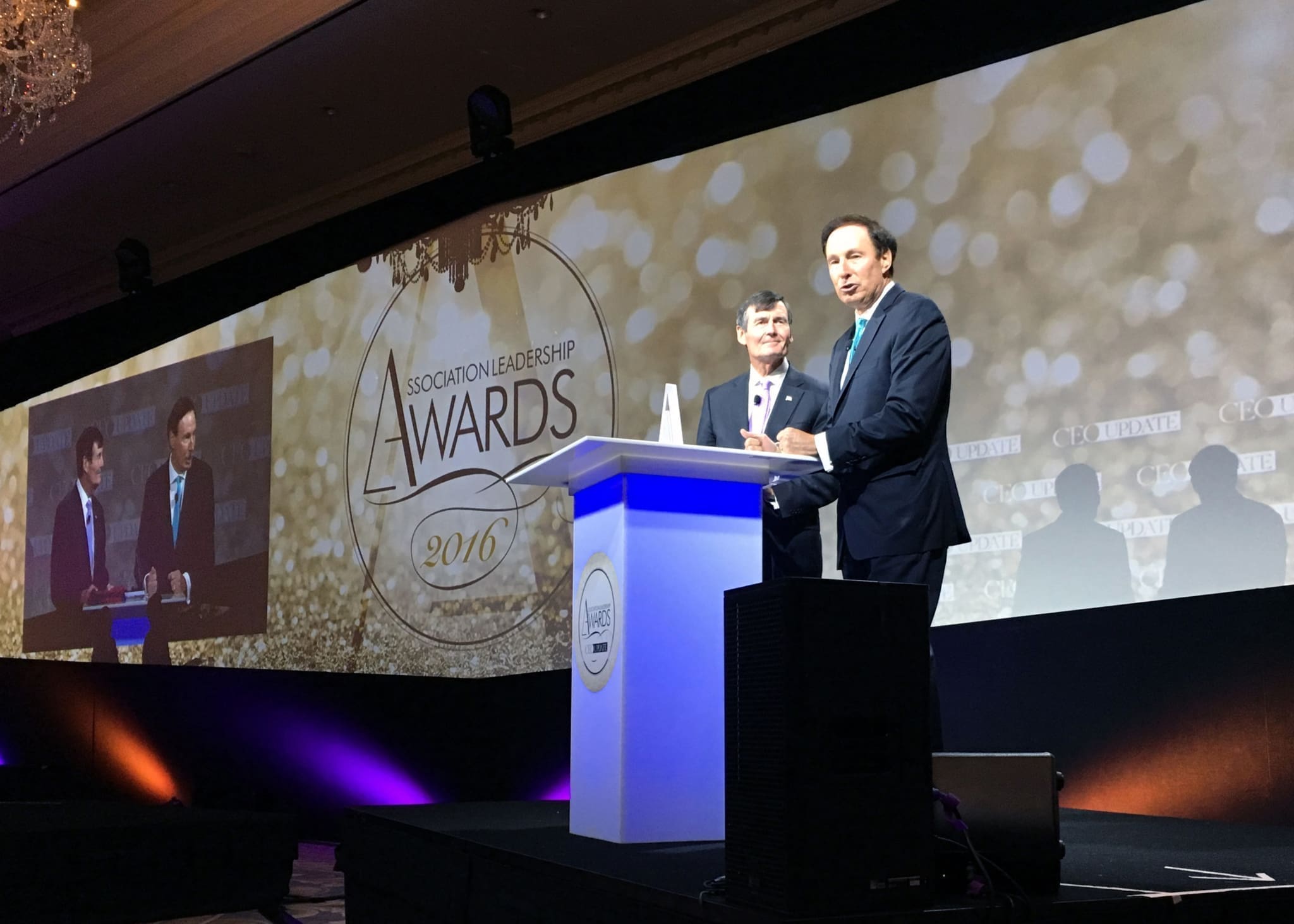October is American Pharmacists Month
October is American Pharmacists Month (APhM), which is a great time to recognize the vital contributions made by pharmacists in healthcare delivery.
It is essential to educate the public, policy makers, pharmacists and other healthcare professionals about the key role played by pharmacists…
It is essential to educate the public, policy makers, pharmacists and other healthcare professionals about the key role played by pharmacists in reducing overall healthcare costs by improved medication use and advanced patient care. It is also a time to promote the pharmacy profession and get the word out on pharmacists’ contributions toward improving medication use and adeherence and advancing patient care in all practice settings.
Visit the American Pharmacist Association’s website for comprehensive resources on community outreach, attracting media coverage, getting official recognition for APhM, and maximizing social media to raise awareness and celebrate the pharmacy profession in October—and every other month of the year.
